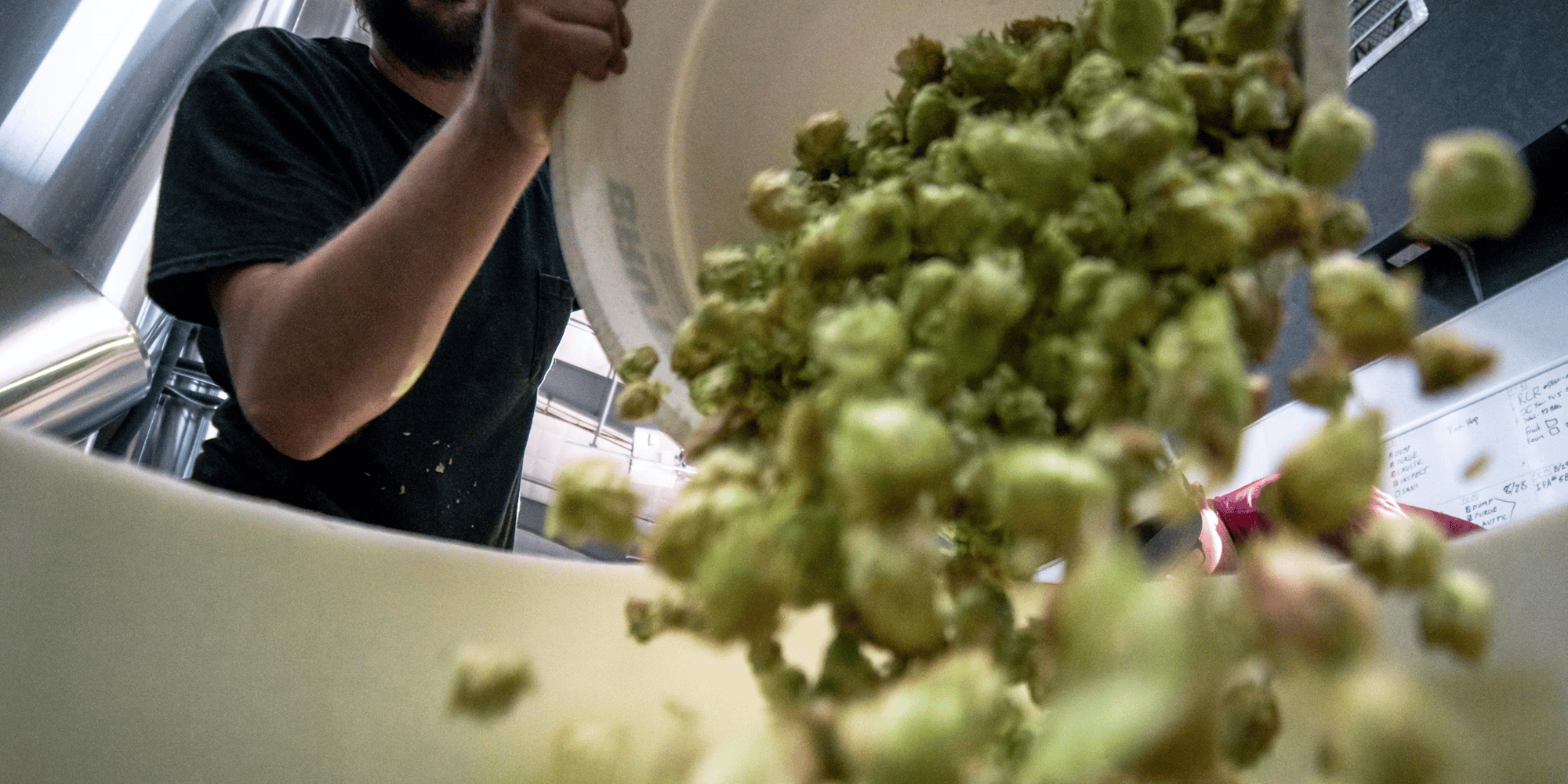In 2024, France strengthened its environmental policies by mandating all households and businesses to separate organic waste. Building on legislation from 2016 and 2023, this law aims to significantly reduce greenhouse gas emissions by diverting organic waste from landfills to compost or biogas. Food waste costs the global hospitality industry around $100bn per year, so reducing food waste is also a financial opportunity. Winnow's AI-enabled technology helps these kitchens track and manage food waste effectively, contributing significant savings. Winnow works with Accor hotels across Europe, take a look at how they helped Novotel London Excel reduce their food waste by 45%.
In 2024, France expanded its environmental efforts with a new law requiring all households and businesses to separate organic waste into dedicated bins. France has been way ahead of the trend having passed legislation as early as 2016 that required separate bins for organic waste for anyone producing over 10 tonnes per year. This threshold was changed to 5 tonnes in 2023, and now in 2024 it affects everyone.
This is a crucial step as food waste is responsible for 10% of global greenhouse gas emissions. When organic waste decomposes in landfill, it releases methane, which traps 28 times more heat in the atmosphere than carbon dioxide. Diverting this waste from landfill and turning it into compost or biogas means France can significantly reduce these emissions - making a meaningful impact on the fight against climate change.
The financial implications of this law are equally noteworthy. In the hospitality industry, food waste can account for 4-12% of total food costs. By reducing food waste, businesses can unlock substantial savings, turning an environmental responsibility into an economic opportunity.
Winnow’s technology uses AI-driven tools to provide precise tracking of food waste. This data empowers kitchen teams to make informed decisions, reducing waste and its associated costs. With Winnow, kitchens can easily identify which items are most often wasted and adjust their purchasing and preparation practices accordingly.
The effort to separate food waste, mandated by law, need not be just about compliance. It presents an opportunity to reduce operational costs of commercial kitchens. Winnow’s technology makes this process straightforward, ensuring that the increased workload of separating waste directly contributes to financial savings and operational efficiency.
In conclusion, France's new food waste law is an invitation to revolutionise kitchen operations. By embracing Winnow’s smart technology, kitchens can not only meet legal requirements but also turn a sustainable practice into a cost-saving strategy. Let's seize this opportunity to create a more efficient, economically viable, and environmentally responsible future in the culinary world.
About Winnow
Winnow is a registered B corporation and pioneering technology company committed to reducing food waste in the hospitality sector. Founded in 2013, Winnow's mission is to help clients save money while improving their environmental footprint through the implementation of AI-driven solutions. Winnow's cutting-edge technology has been adopted by leading hospitality brands worldwide, enabling them to reduce food waste and operate more efficiently. For more information, visit www.winnowsolutions.com.








Comment on my blog